Numerical Reasoning Tests:
Questions & Answers
Pass YOUR tests at the first attempt!
Pass YOUR tests at the first attempt!
Numerical reasoning tests are used to assess your ability with numerical information. They are used by employers in job assessments/selection processes worldwide, often in the context of everyday business senarios. Essentially, numerical reasoning tests are used to dertermine your ability to handle numbers swiftly and accurately.
Numerical reasoning tests normally assess your knowledge on:
Numerical reasoning tests are designed to reveal how you (the candidate) react, interpret, and use numerical data. Problem-solving, critical thinking, and working under pressure are all assessed with a numerical test.
Who uses numerical reasoning tests?
Managerial, operational, and graduate roles often involve a numerical assessment in the recruitment process, as do industries such as investment banking, consultancy firms, hospitality, engineering, corporate organizations, educational, and public service jobs all commonly use numerical reasoning tests.
There is no standard numerical reasoning test format, some will focus on data interpretation, such as graphs and charts, while others will take a more basic approach and focus on addition, subtraction, multiplication, and division. Often a numerical reasoning assessment is combined with other aptitude tests such as verbal reasoning.
Numerical assessments allow an employer to test your:
Below is an explanation of the types of numerical reasoning test questions you will need to prepare for:
| Question Types | Explanation |
|---|---|
| Text/Word-based Questions | These style of numerical reasoning questions usually take the form of a written sentence providing context and numerical data e.g. “Matthew used a £10 note to buy 5 pears at 63p each…”. They will also often include irrelevant data to test your ability to decide which data is relevant data to the question. |
| Graphs | Common graphs include bar charts, line graphs, and pie charts. Questions will revolve around you interpreting numerical data from the graphs and answers subsequent questions such as “what percentage of user group X passed their tests in 2020?” |
| Sequences | Number sequence questions are used in most numerical reasoning tests. You must identify a pattern in a numerical sequence and then fill in the missing numbers within that sequence. |
| Data Interpretation | A combination of all the above question types, data interpretation tests are usually based around graphs, tables, and charts where you will need to identify sequences, interpret the data, and solve maths-based questions. These are frequently used in graduate and management-style assessments. |
Rhys purchases a car for £8,448 and decides to pay for the car in 24 equal monthly installments. To do so, the dealership add 10% interest to the total price. How much will Rhys pay each month including the interest?
A. £316.80
B. £352
C. £387.20
D. £326.40
C. £387.80
Explanation = £8,448 × 1.1 = £9,292.80
£9,292.80 ÷ 24 months = £387.20 a month
Complete the following sequence.
5, 17, 53, 161, ___
A. 395
B. 485
C. 425
D. 263
B. 485
Explanation = Multiply by 3 and add 2 each time.
161 × 3 = 483
483 + 2 = 485
A survey asked 80 individuals what their favourite drink was. The results are below:
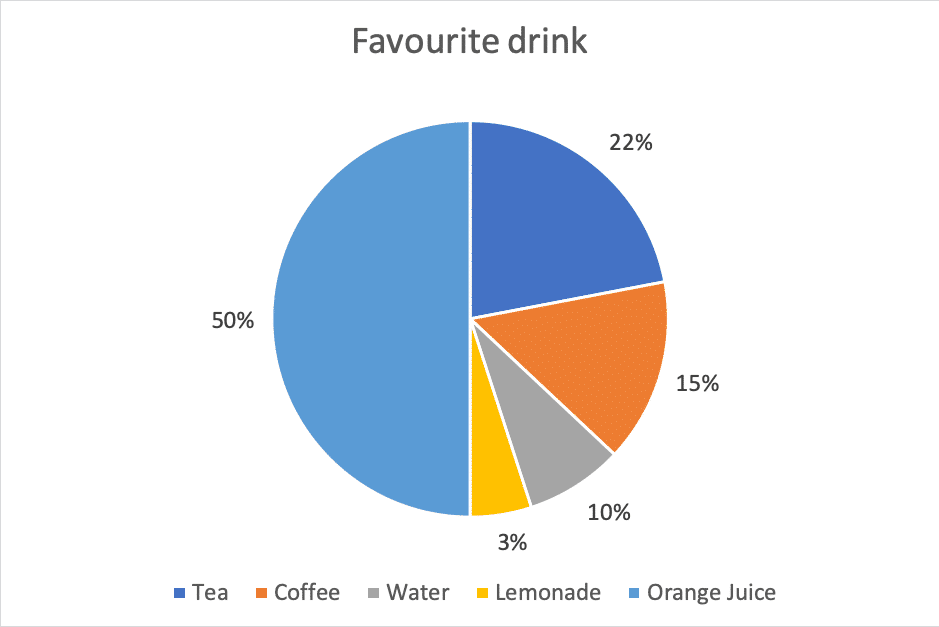
How many people said that their favourite drink was not coffee?
D. 68
Explanation = 80 = 100%
8 = 10%
4 = 5%
15% = 12
80 − 12 = 68
Which of the answer options is the correct net to make the cube?
Answer = A. Tip: when practicing these types of questions at home, print off the cube net and then fold it together, this will allow you to see the correct answer option. Once you have practiced this a few times you will be better at visualizing cube nets and faster at answers the questions.
Now INSTANTLY access the full practice tests package for all NUMERICAL REASONING TESTS and PASS your assessment!
Yes! I Want To Pass My Test!TIP #1 – Practice really does improve your skills. More than any other aptitude assessment, numerical reasoning can be improved the most through practice. If you struggle with maths, take a step back and learn why something works the way it does. When you get comfortable at that level move on to slightly more complicated maths questions. You can always take a step back. Understanding the foundation of maths and the different question types are essential. That is why you should always practice questions that provide a full explanation to how the answer was reached.
TIP #2 – Numerical reasoning tests are designed to put you under pressure through strict timed conditions. On average you will get 45-60 seconds to answer a question. This is why you must master the basic numerical approaches to maths questions (addition, subtraction, multiplication, division) and be able to work out percentages, currency conversion, and get used to interpreting data. Most numerical reasoning tests are multiple-choice. This means if you practice and get a good understanding of basic maths, you can use estimation to choose the most logical answer if needed. This can be the difference in getting a few extra marks towards a pass!
TIP #3 – Learn your test provider and research the question types you will likely face. Some test providers will ask questions in a simple form, such as “Solve the following maths problem. 4² − 3² + 12 × 1.5 = ___” Whereas other test providers will ask the same question but buried in a block of text, giving the numbers context. Although the question ultimately remains the same, having more data to interpret can make word-based maths questions a lot harder for most people.
TIP #4 – Over prepare. There is a saying that “you can never be too prepared” and this is very true with numerical reasoning questions. If you know what style of maths questions you will face, prepare for harder style questions. This will make your actual test day feel a lot easier and take away some of the pressure. In addition, this will prepare you for any potential nasty surprises if the test is harder on the day – it is well known that sometimes test providers will send candidates preparation packs that are actually a lot easier than the actual test.
TIP #5 – Data interpretation questions are often the best question types to prepare with when you know you have a numerical reasoning assessment coming up. Why? Because Data Interpretation questions get you using a variety of maths calculations such as addition, subtraction, division, multiplication, percentages etc., and they also assess a wide variety of attributes such as detection of the question type, understanding data, deduction, and logical thinking.
Get your access to Richard McMunn’s NUMERICAL REASONING TEST QUESTIONS & ANSWERS online resource below!
(worldwide success stories from our YouTube community!)
GET INSTANT ACCESS TO 100s OF QUESTIONS AND UNIQUE ANSWERS FOR NUMERICAL REASONING TESTS
PLUS FREE 30-DAY ACCESS TO OUR ONLINE PSYCHOMETRIC TESTS TRAINING COURSE…
FOR JUST £4.99
£47.00 NOW 4.99p | SAVE 89% – HURRY LIMITED TIME OFFER
THE ULTIMATE NUMERICAL REASONING AUTHENTIC QUESTION BUNDLE INCLUDES…
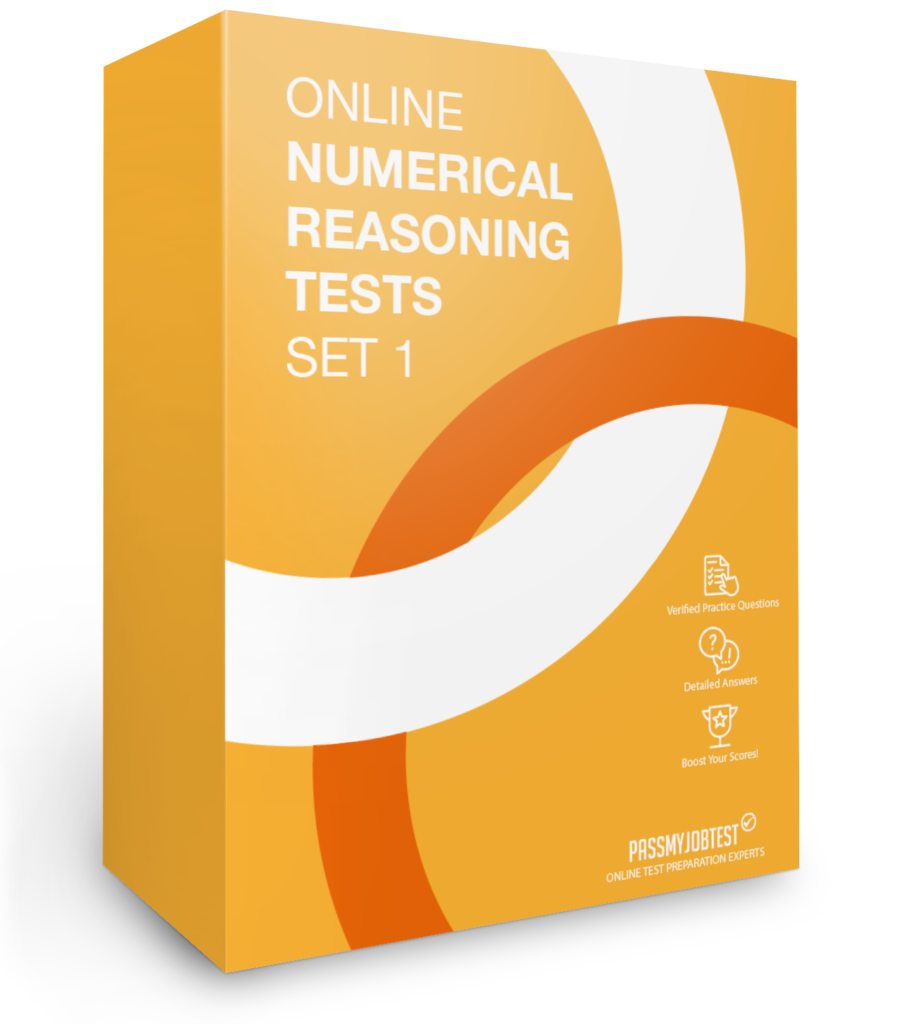
Numerical Reasoning Question Pack 1,
25+ Mixed Numerical Reasoning Questions & Answers
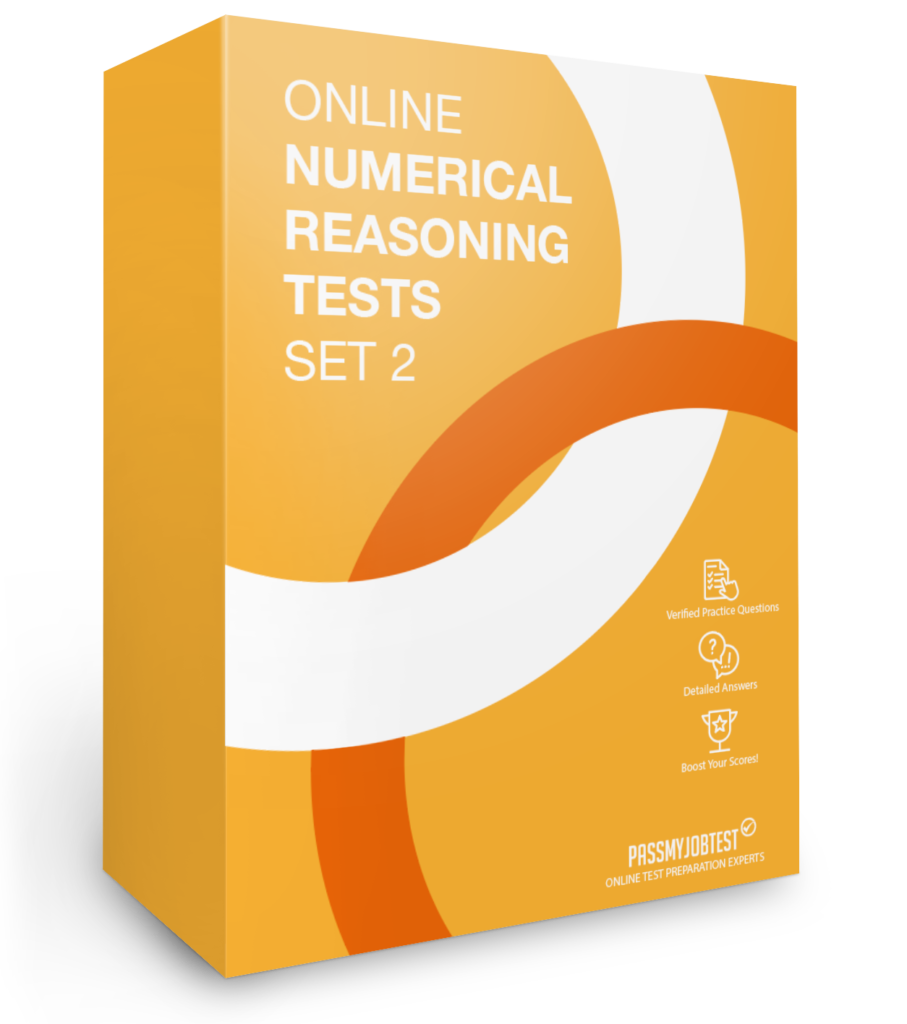
Numerical Reasoning Question Pack 2,
25+ Mixed Numerical Reasoning Questions & Answers
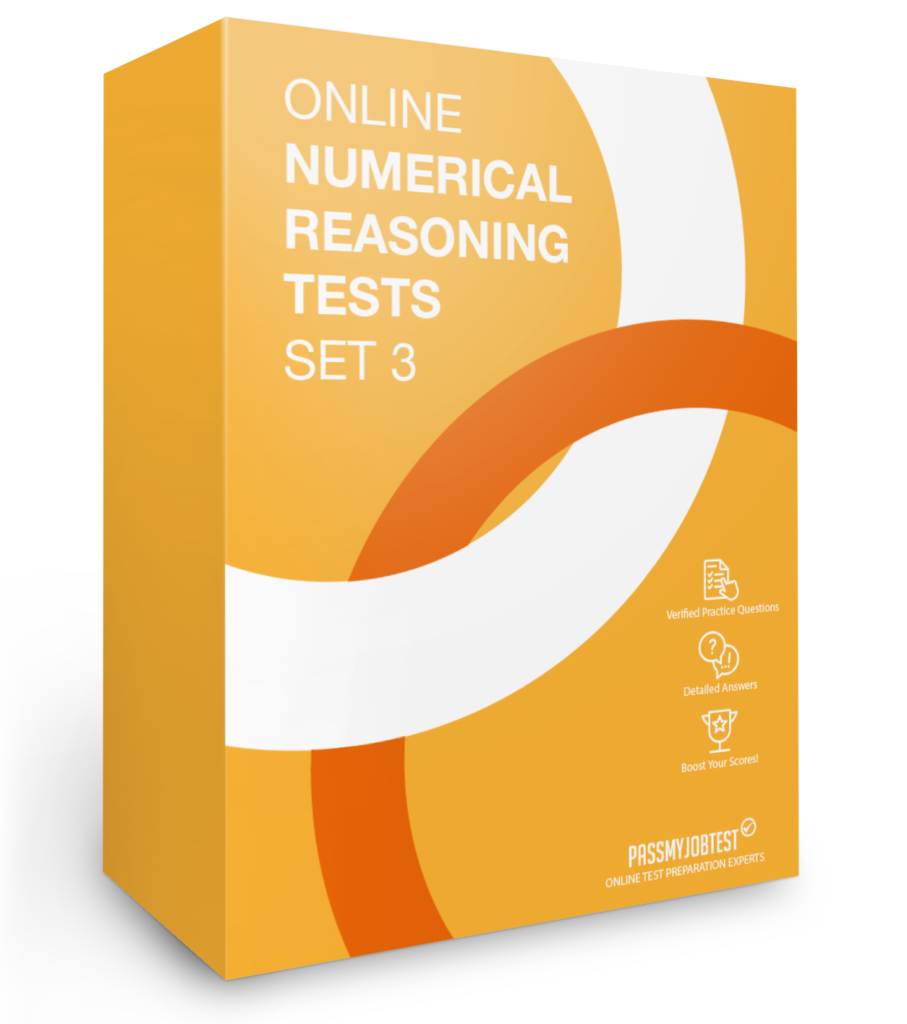
Numerical Reasoning Question Pack 3,
25+ Mixed Numerical Reasoning Questions & Answers
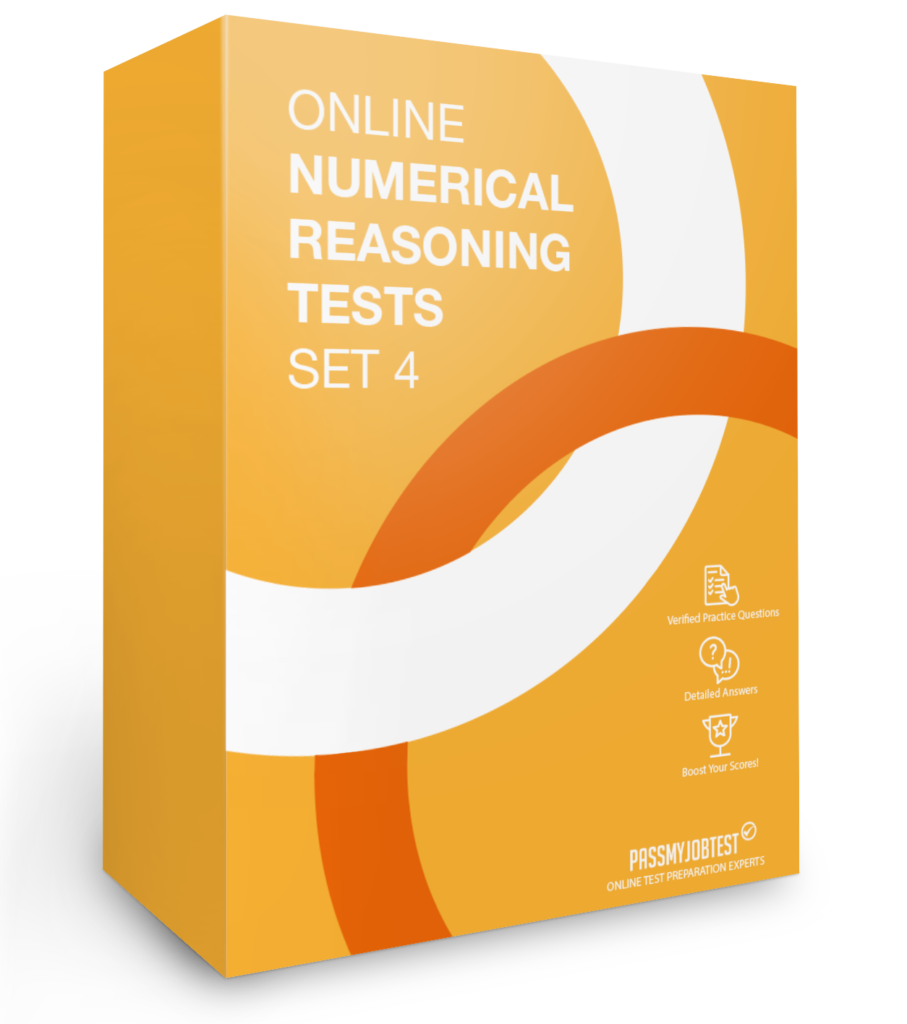
Numerical Reasoning Question Pack 4,
25+ Mixed Numerical Reasoning Questions & Answers
PLUS – YOU’LL GET THE BELOW ADDITIONAL APTITUDE TESTS FOR FREE!
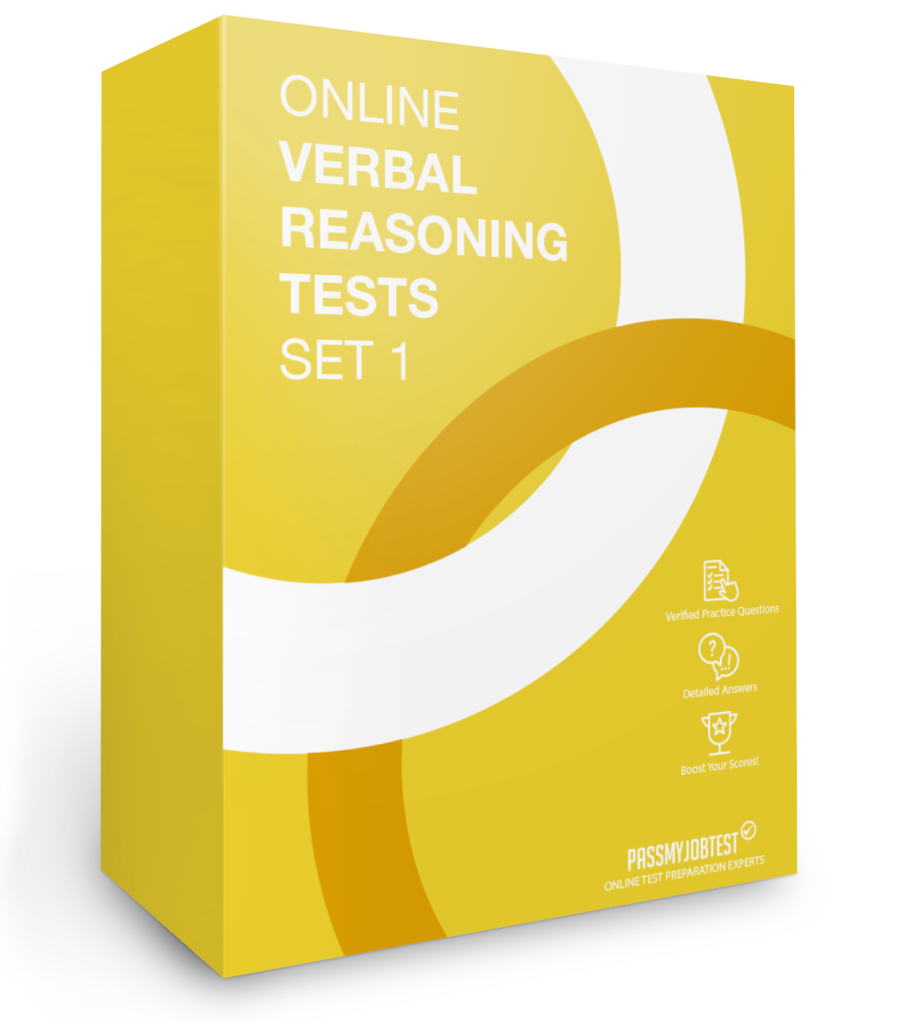
Verbal Reasoning Question Pack 1,
25 Mixed Verbal Reasoning Questions & Answers
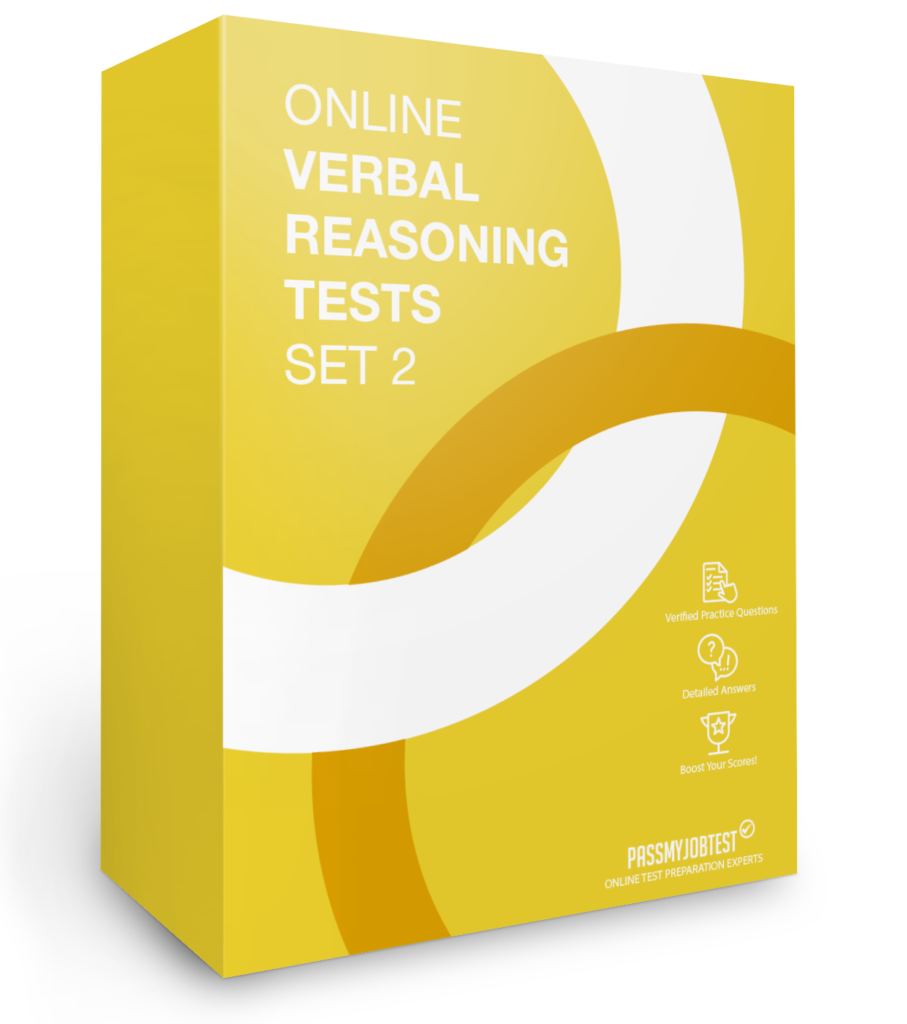
Verbal Reasoning Question Pack 2,
25 Mixed Verbal Reasoning Questions & Answers
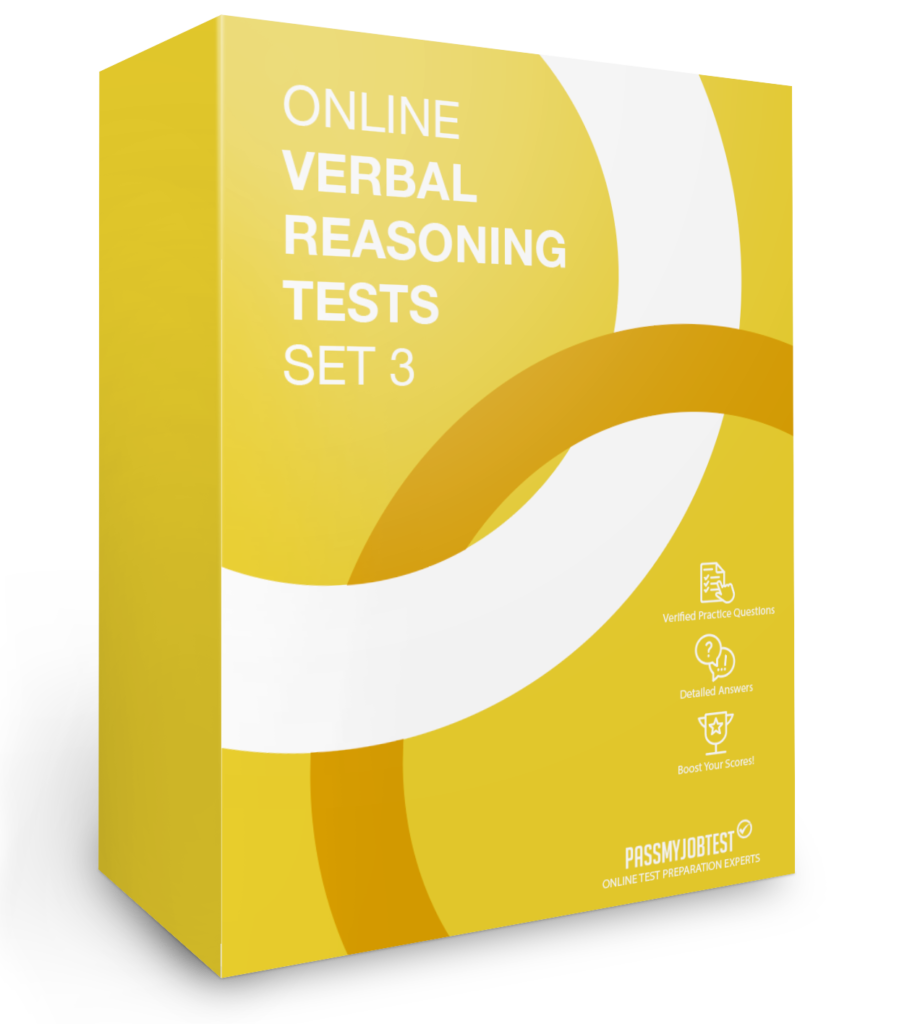
Verbal Reasoning Question Pack 3,
25 Mixed Verbal Reasoning Questions & Answers
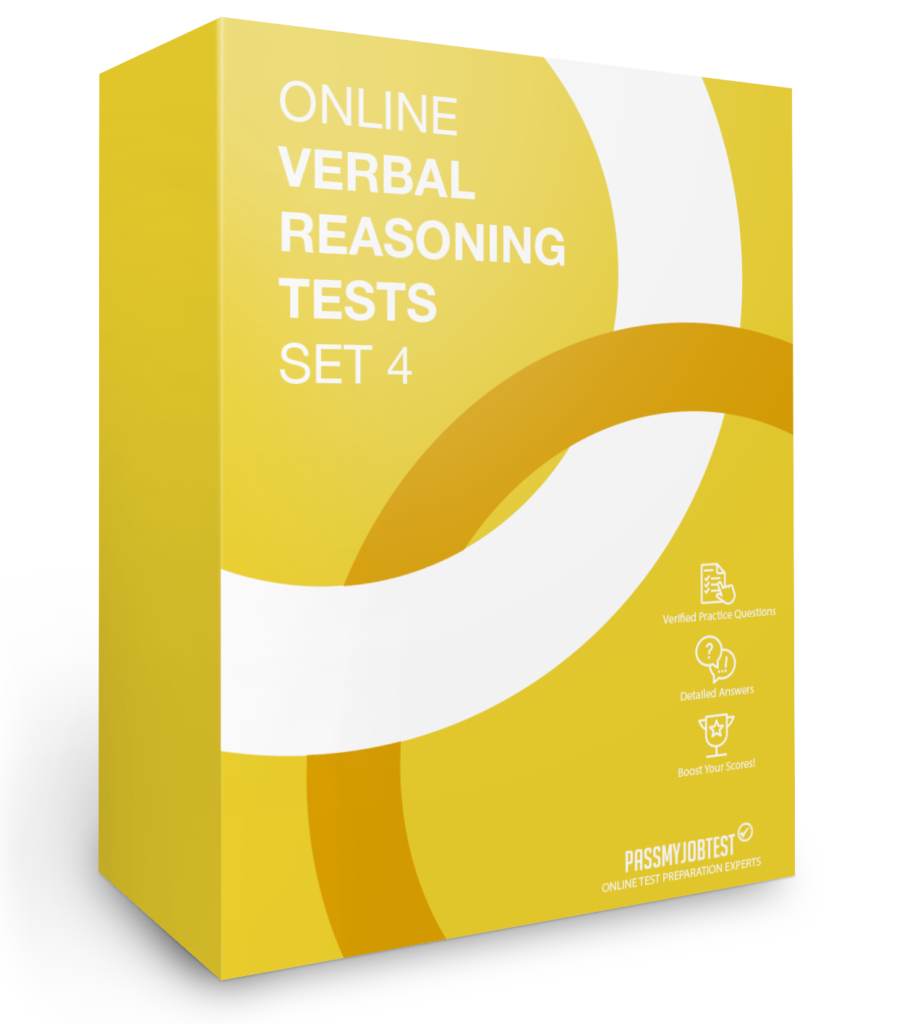
Verbal Reasoning Question Pack 4,
25 Mixed Verbal Reasoning Questions & Answers
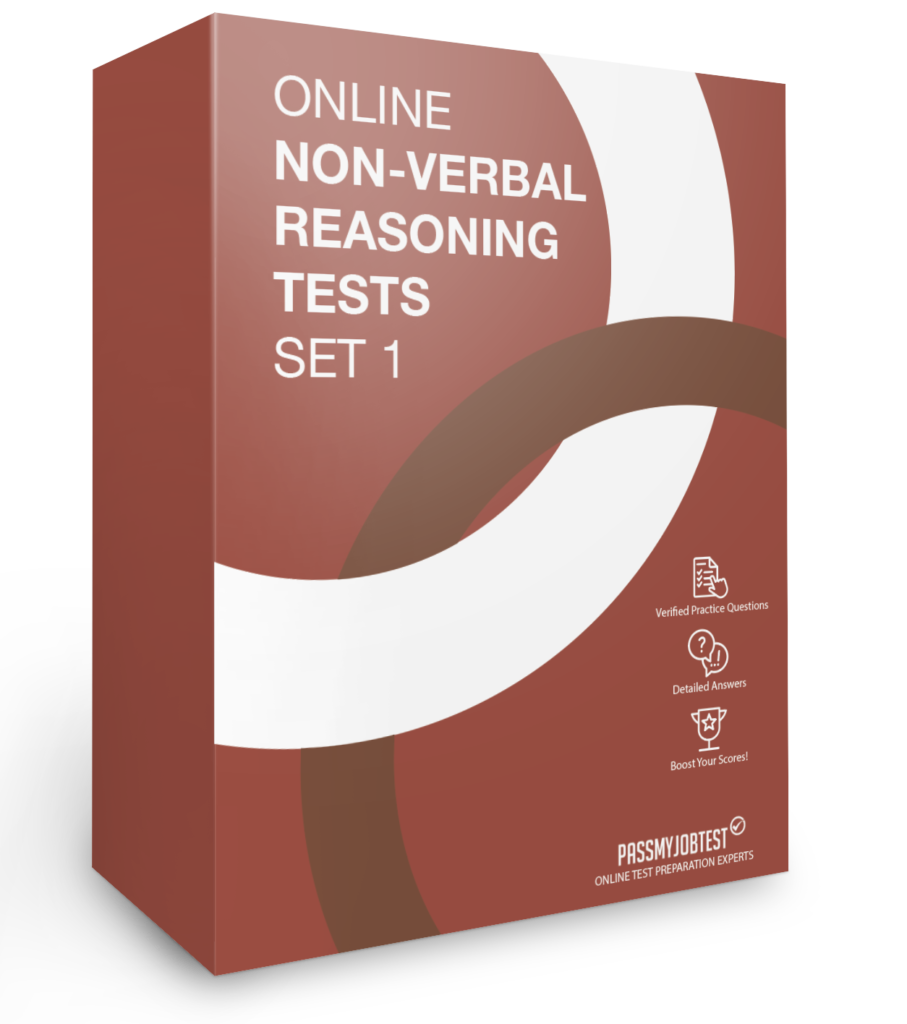
Non-Verbal Reasoning Question Pack 1,
25 Mixed Non-Verbal Reasoning Questions & Answers
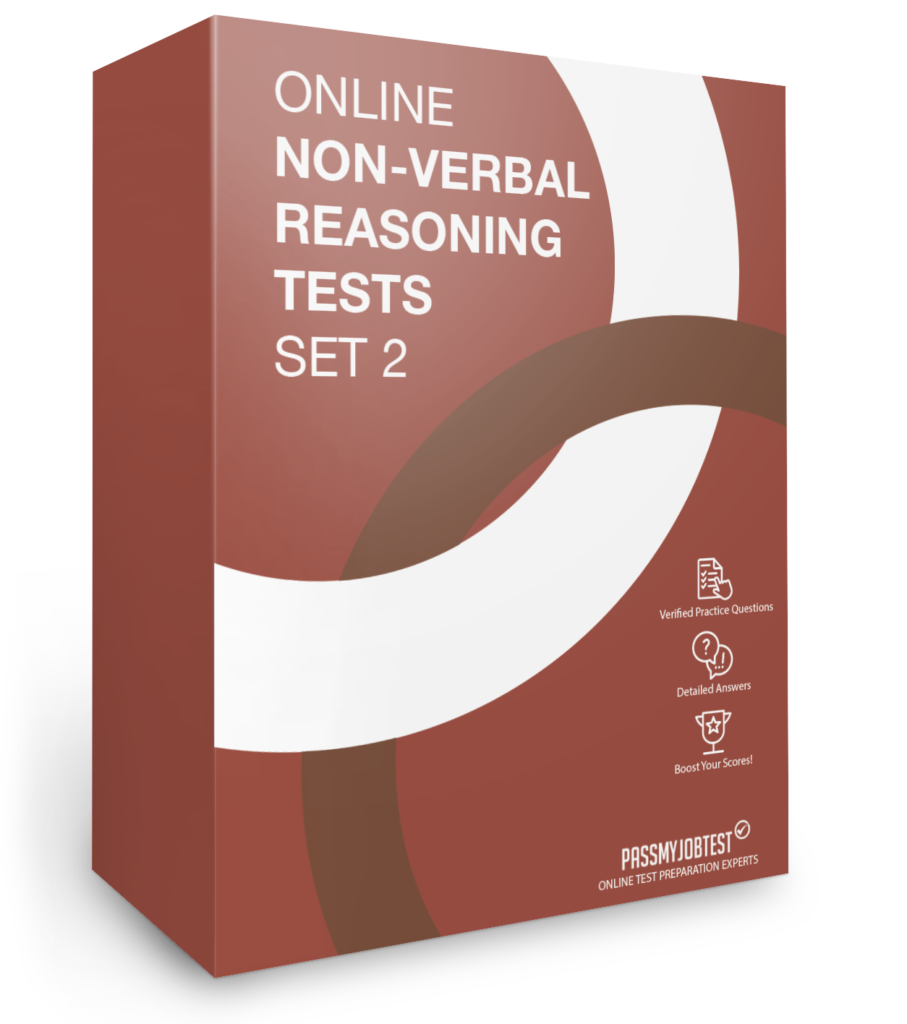
Non-Verbal Reasoning Question Pack 2,
25 Mixed Non-Verbal Reasoning Questions & Answers
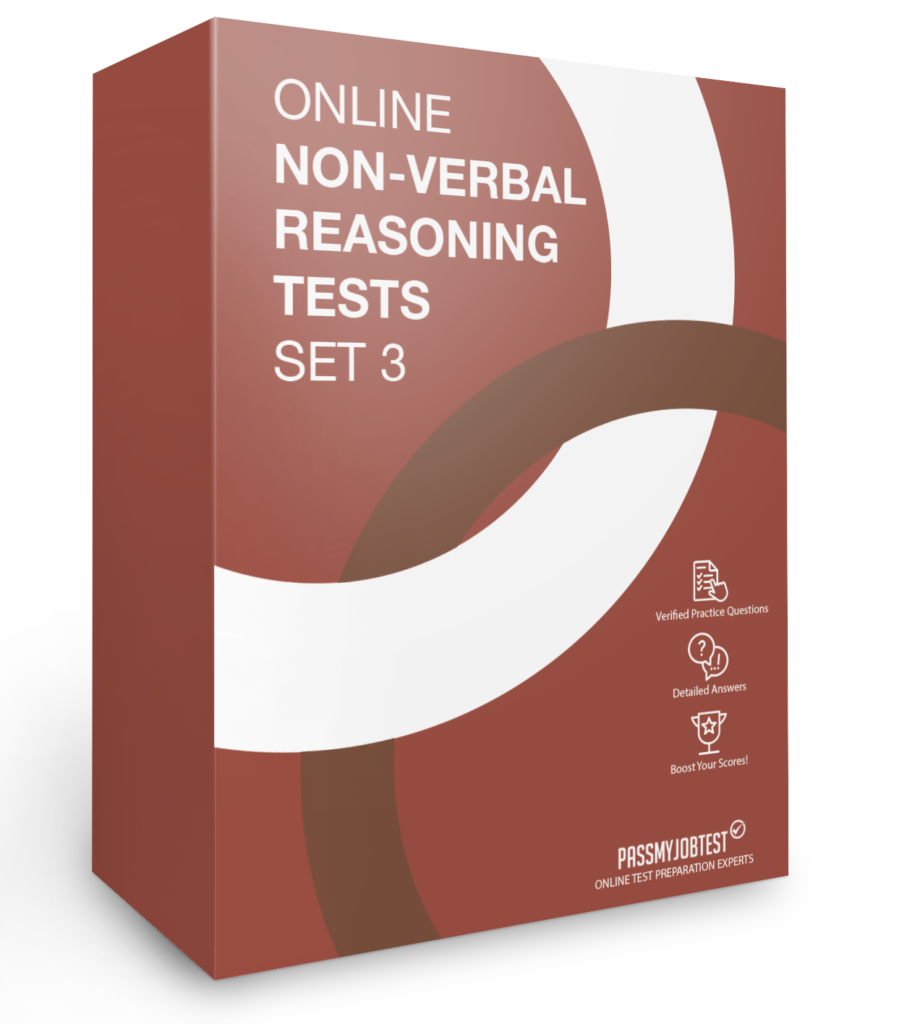
Non-Verbal Reasoning Question Pack 3,
25 Mixed Non-Verbal Reasoning Questions & Answers
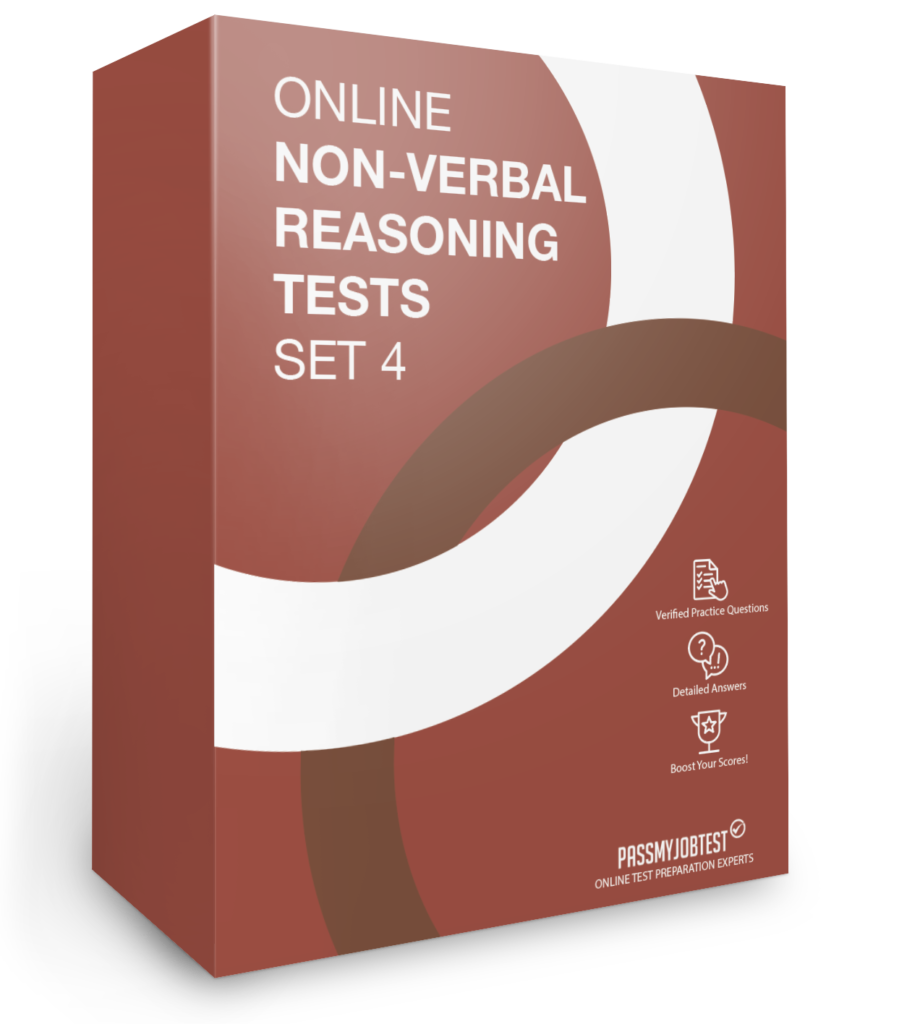
Non-Verbal Reasoning Question Pack 4,
25 Mixed Non-Verbal Reasoning Questions & Answers
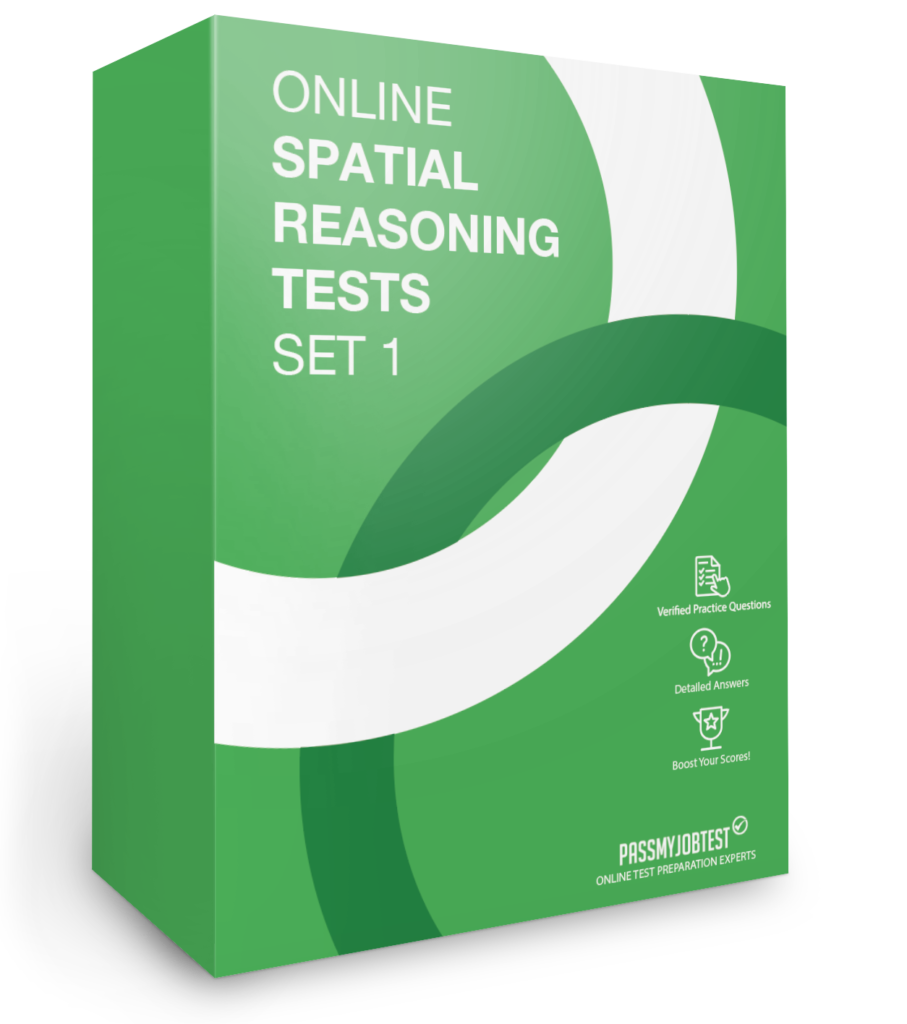
Spatial Reasoning Question Pack 1,
25 Mixed Spatial Reasoning Questions & Answers
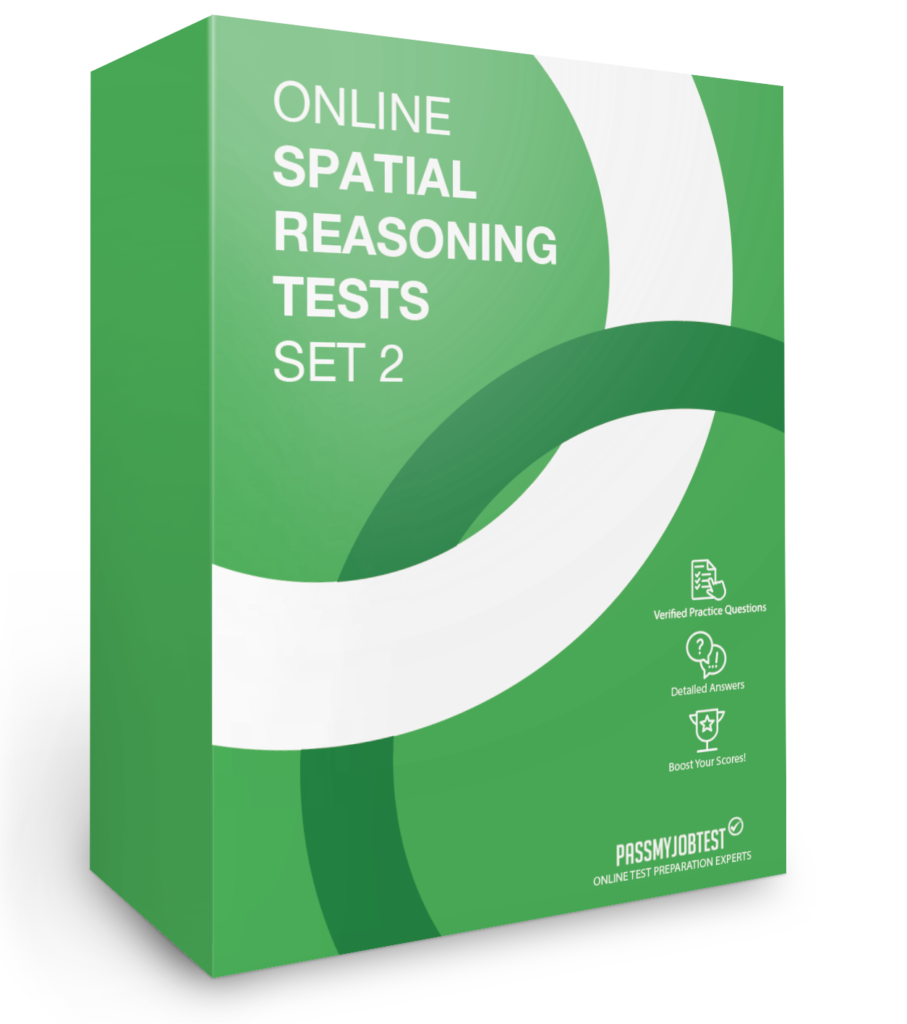
Spatial Reasoning Question Pack 2,
25 Mixed Spatial Reasoning Questions & Answers
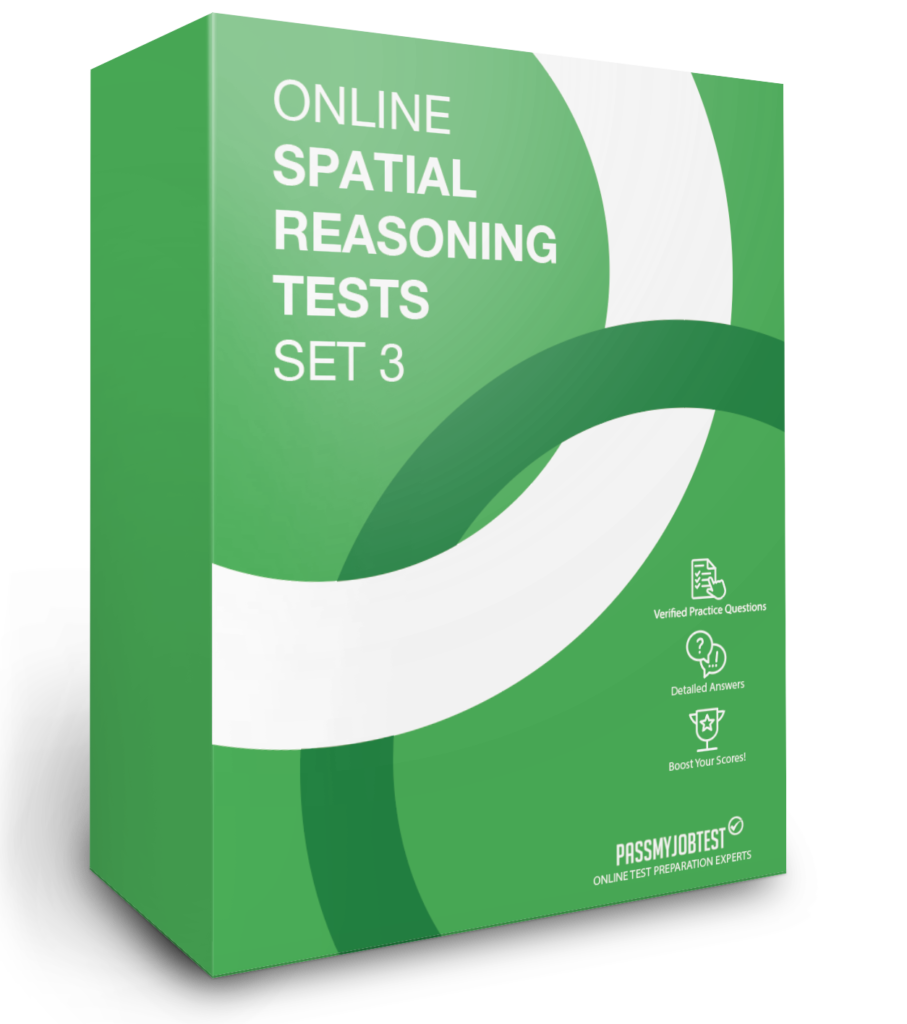
Spatial Reasoning Question Pack 3,
25 Mixed Spatial Reasoning Questions & Answers
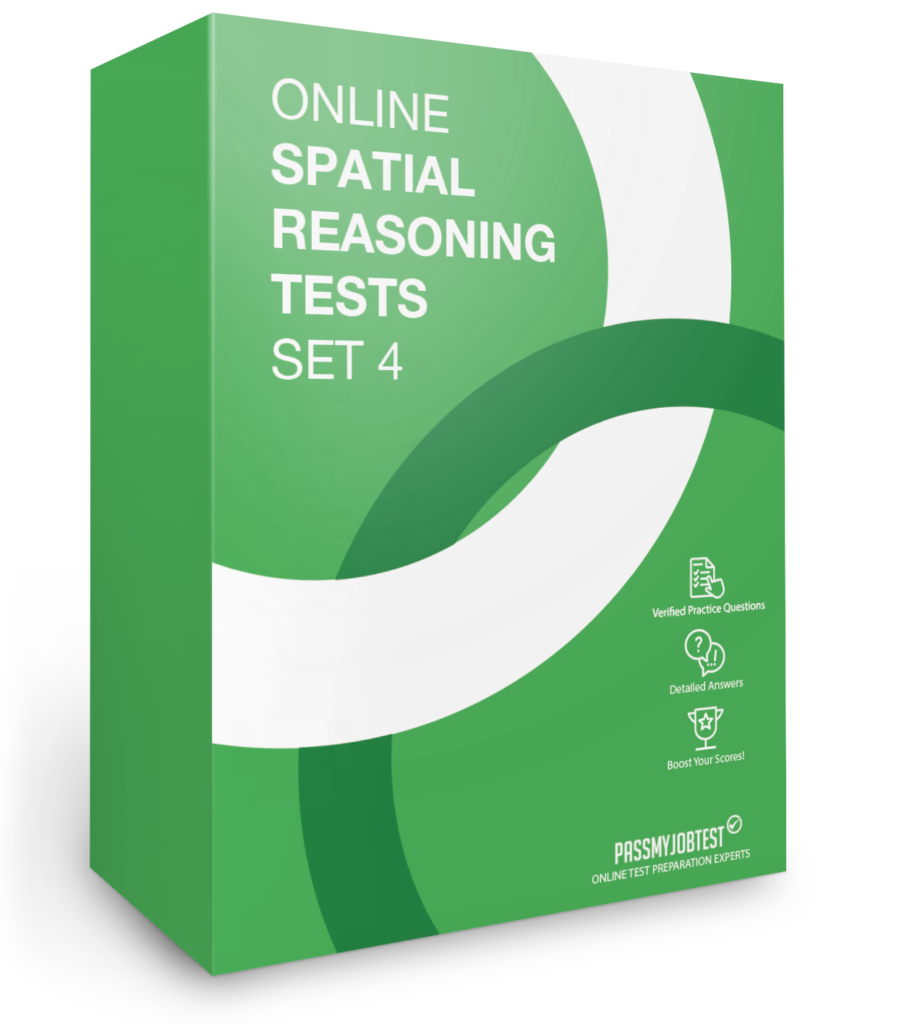
Spatial Reasoning Question Pack 4,
25 Mixed Spatial Reasoning Questions & Answers
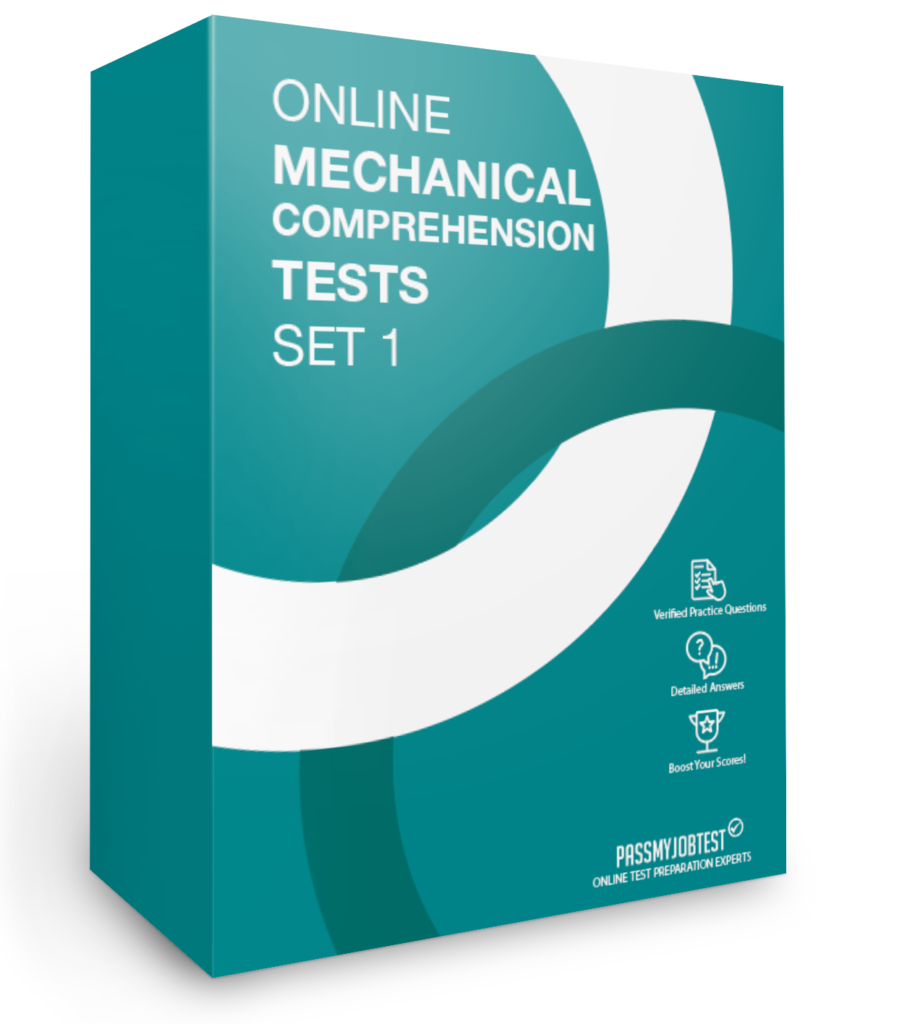
Mechanical Comprehension Question Pack 1,
25 Mixed Mechanical Comprehension Questions & Answers
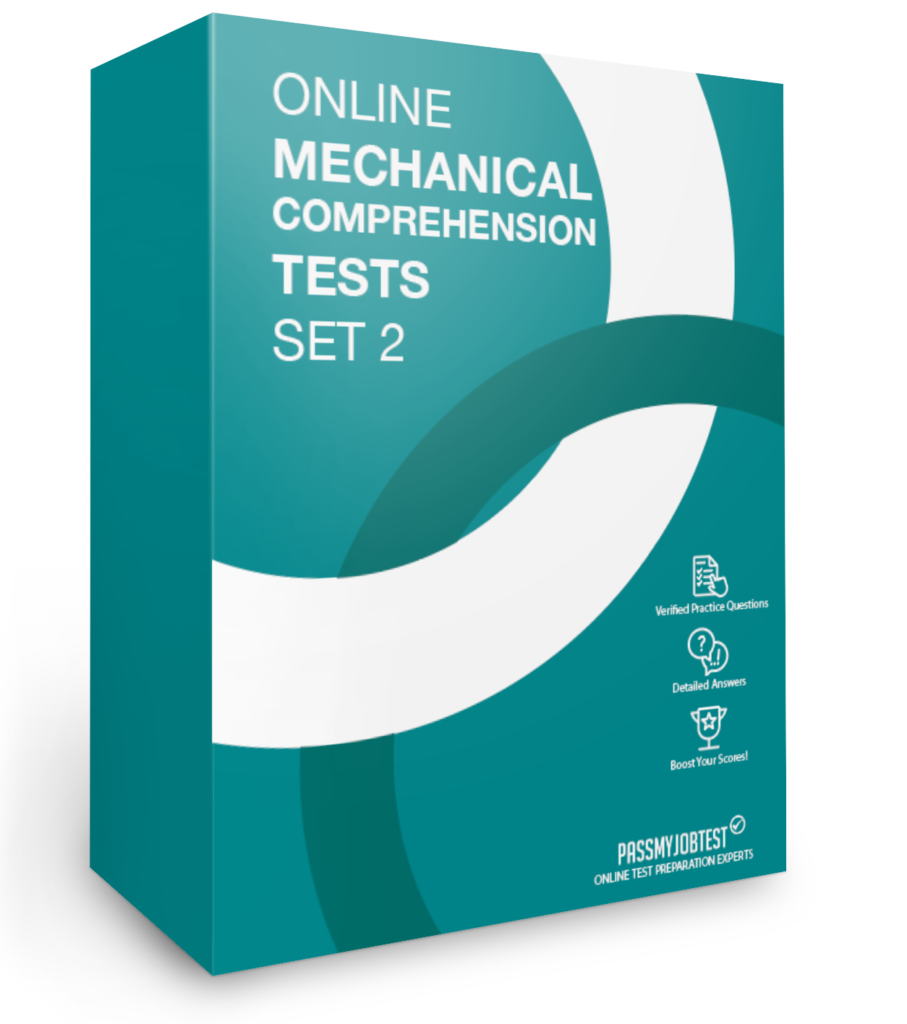
Mechanical Comprehension Question Pack 2,
25 Mixed Mechanical Comprehension Questions & Answers
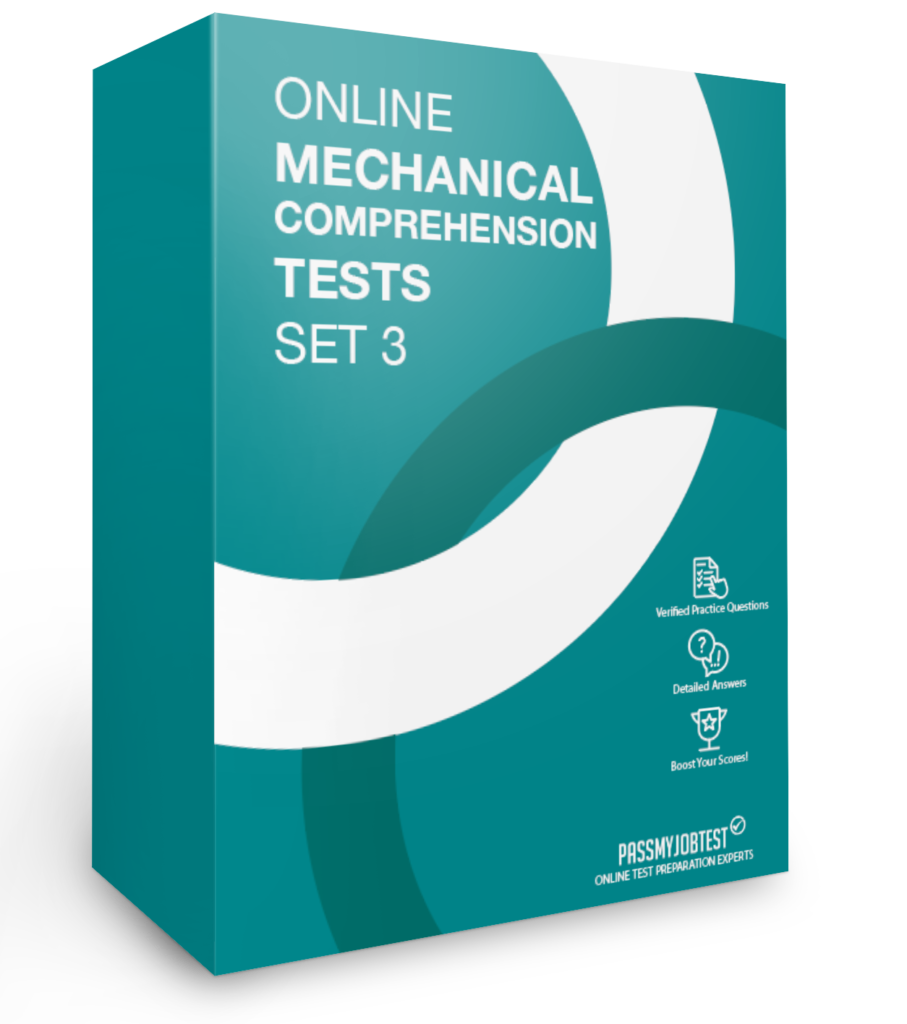
Mechanical Comprehension Question Pack 3,
25 Mixed Mechanical Comprehension Questions & Answers
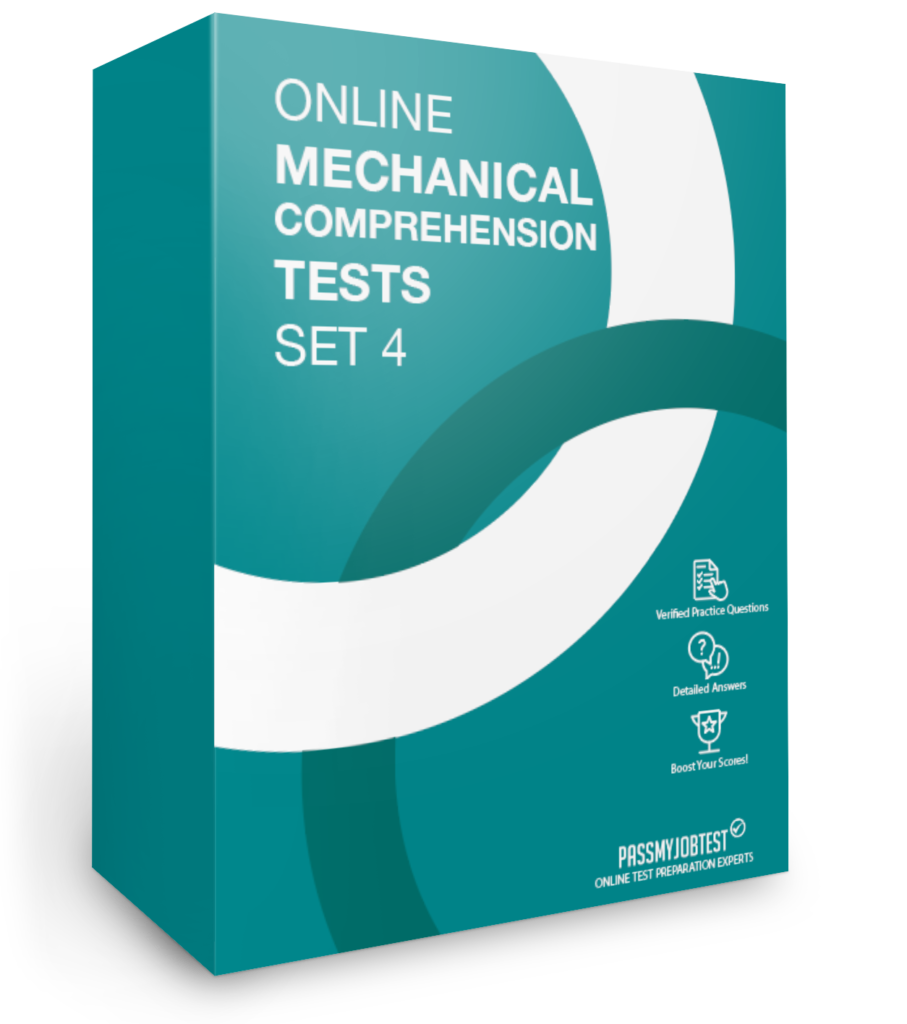
Mechanical Comprehension Question Pack 4,
25 Mixed Mechanical Comprehension Questions & Answers

The FULL SET of questions featured on this page (Over 200) specifically designed for numerical reasoning recruitment tests (and 500+ aptitude questions).

Fully worked solutions/answers to all of the questions to ensure you gain an advantage and pass your assessment.

Questions and answers verified by our panel of asssessment experts.

Instant access within your Testing Dashboard to all of the practice questions from any device.

Guaranteed realistic practice simulation under timed test conditions & performance tracking.

One-off payment plus, for a limited time, you’ll also get two powerful bonuses including FREE 30-day access to our BESTSELLING online Aptitude Training Course!
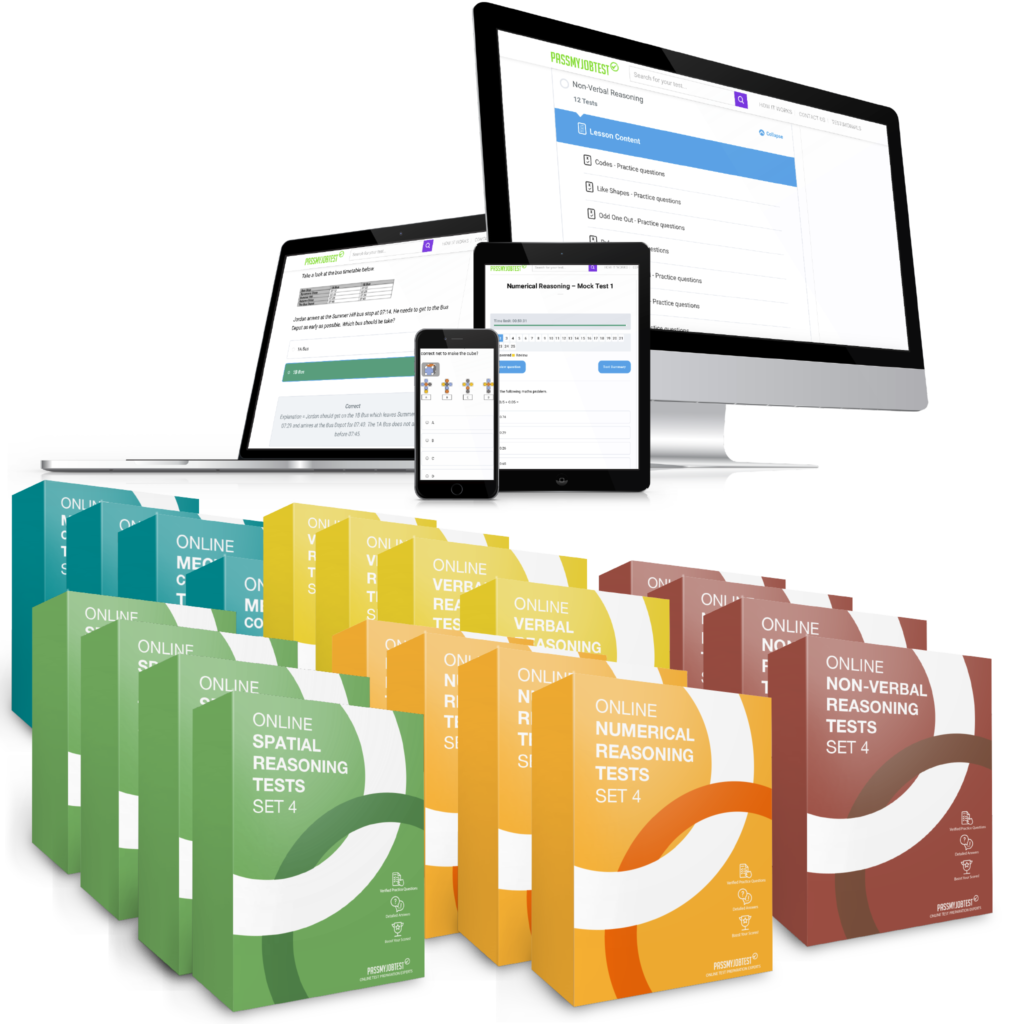


Get access to 100s practice test questions and answers for your numerical reasoning assessment via the Ultimate Online Testing Simulation Platform Access, plus FREE bonus access to our bestselling online psychometric training course, which contains over 30 powerful video modules to quickly get you assessment-ready (and they work for ANY assessment). This online course will instantly be free for you to access for 30-days, no subscription required. Limited time offer.
PLUS…LIMITED-TIME BONUSES:
Bonus 1. 150+ Page Aptitude Tests Guide
Bonus 2. ULTIMATE Online Aptitude Training Course (30-days free training worth £97.00)
All this for only
Original price was: £45.00.£4.99Current price is: £4.99. + VAT

PLUS… BONUSES
In addition to the specific NUMERICAL REASONING TEST Questions & Answers, you will also receive the following BONUSES:

Bonus 1
150+ Page Aptitude Tests Guide – packed full of psychometric test advice, including tips from assessment experts, and all of the most common numerical reasoning and aptitude questions with detailed answers – contains an extra 300 practice questions. Order today and you will get this bonus guide FREE – offer available for a limited time only.

Bonus 2
ULTIMATE Online Aptitude Training Course – Order today and you’ll also get a 30-days free access to our bestselling online aptitude training course designed to boost your scores and success on assessment day! This online course has been used by 100s of job seekers to help their successful testing preparation.

We have eliminated all risk for you. All of our products and training resources are protected by our 30-day no questions asked money-back guarantee. Whatever the reason…or no reason at all…you can have a full refund if this resource isn’t right for you. So there is no risk.
Prepare for your NUMERICAL REASONING TEST QUESTIONS:
Who has created the questions and answers to the test questions?
Richard McMunn is a former Fire Officer turned psychometric assessment coach who has over 20 years experience within the recruitment industry.
He is extremely passionate about helping people pass their assessments, and his success rate is unrivalled within the assessment training sector.
Richard guarantees the answers contained within this resource are unique and will help you pass your assessment.


Still not convinced? Here’s why you should buy with PassMyJobTest.com…
Firstly, these practice questions and answers are created by us and our team of experts – we have all the most commonly used (and less common) practice questions industry assessors are using and we will help you succeed (like we’ve been doing for the last 15 years) and we update our material frequently.
Secondly, we provide exclusive bonuses with all our products that you won’t find anywhere else. These bonuses include free guides, powerful online training and more!
Thirdly, our testing preparation packages and training just work. Take a look at our customer reviews and feedback where our customers share their positive buying experiences and more importantly the time-saving success our resources have given them (hint: they passed their job assessments).
Finally, we have eliminated all risk for you. All of our products and resources are protected by our 30-day no questions asked money-back guarantee. Whatever the reason…or no reason at all…you can have a full refund if this training isn’t right for you. So there is no risk.
MORE TESTIMONIALS FROM OUR SUCCESSFUL CUSTOMERS
I have just passed my assessment! Your videos were a great help, keep doing what you are doing :-)!
Thank you for your videos and books that you provide...I passed the assessment for special constable 1st time.
Really helps my child with non-verbal. She passed her non-verbal test!!!!!!! THANK YOU!
I just done my assessment yesterday. You helped me so much! Thank you
It was so helpful. It showed me a different way to take action. I always feel overwhelmed when I take a test. It allowed me to focus without being overwhelmed or anxious. I feel so much confident thanks to your explanation and the exercises!
Oh wow! I got all of my test questions correct! That was the first time I felt abstract was easy (: Thank you a million for helping me understand this concept and for explaining so clearly and concisely!!